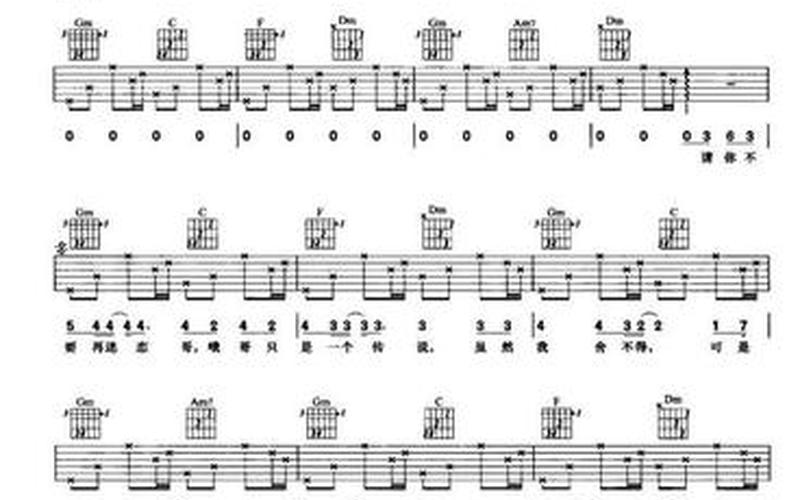In the article "Honor- Exploring the True Meaning Behind the Word," the concept of honor is examined in depth. This article aims to provide a comprehensive understanding of honor by exploring its different aspects. The following essay will delve into six key aspects of honor: its definition, cultural variations, historical significance, personal integrity, societal expectations, and the importance of upholding honor in modern society.
Defining Honor
Honor is a multifaceted concept that encompasses various qualities such as integrity, honesty, and respect. It is a moral code that guides individuals to act in an honorable manner. However, the definition of honor may vary across cultures and individuals, making it a complex and subjective concept. Despite these variations, honor ultimately revolves around maintaining a sense of dignity and upholding one's principles.
In some cultures, honor is closely tied to family reputation, and individuals are expected to prioritize the collective honor over personal desires. This cultural variation highlights the importance of understanding honor within its specific cultural context.
Cultural Variations in Honor
Cultural variations play a significant role in shaping the meaning and significance of honor. In some societies, honor is deeply rooted in traditions and customs, where individuals are expected to adhere to strict codes of conduct. These cultural expectations often dictate how individuals should behave in various situations, emphasizing the importance of honor in maintaining social harmony.
However, cultural variations in honor can also lead to conflicts and misunderstandings. Different cultural interpretations of honor may clash, causing tension and disputes. It is crucial to foster cultural understanding and respect to bridge these gaps and promote global harmony.
The Historical Significance of Honor
Throughout history, honor has played a crucial role in shaping societies and individuals. In ancient times, honor was closely associated with warfare and chivalry, where knights and warriors were expected to demonstrate courage, loyalty, and integrity in battle. Honor was not only a personal virtue but also a societal expectation.
In modern history, honor has evolved to encompass a broader range of values, including professional ethics, academic integrity, and social responsibility. The historical significance of honor serves as a reminder of its enduring importance in shaping human behavior and maintaining social order.
Personal Integrity and Honor
Personal integrity is a fundamental aspect of honor. It refers to an individual's commitment to upholding their values and principles, even in the face of adversity. Honorable individuals demonstrate honesty, accountability, and ethical behavior in their personal and professional lives.
Maintaining personal integrity requires self-reflection and a strong sense of moral compass. It involves making difficult choices and standing up for what is right, even when it is not the easiest path to take. Personal integrity is the foundation upon which honor is built.
Societal Expectations and Honor
Societal expectations play a significant role in shaping individuals' behavior and understanding of honor. Society sets standards and norms that define what is considered honorable or dishonorable. These expectations can vary across cultures and change over time.
However, blindly adhering to societal expectations can sometimes lead to a loss of personal integrity. It is essential for individuals to critically evaluate societal norms and determine whether they align with their own values. Upholding honor requires a balance between societal expectations and personal integrity.
The Importance of Honor in Modern Society
In today's fast-paced and interconnected world, honor remains a vital virtue. It serves as a guiding principle for individuals to navigate ethical dilemmas and make responsible choices. Upholding honor fosters trust, respect, and integrity within communities and institutions.
In conclusion, honor is a complex concept that encompasses various qualities and values. Its definition may vary across cultures, but it ultimately revolves around maintaining personal integrity and upholding one's principles. Understanding honor in its cultural and historical context is essential for fostering global harmony and ethical behavior. By embracing honor, individuals can contribute to a more honorable and just society.








